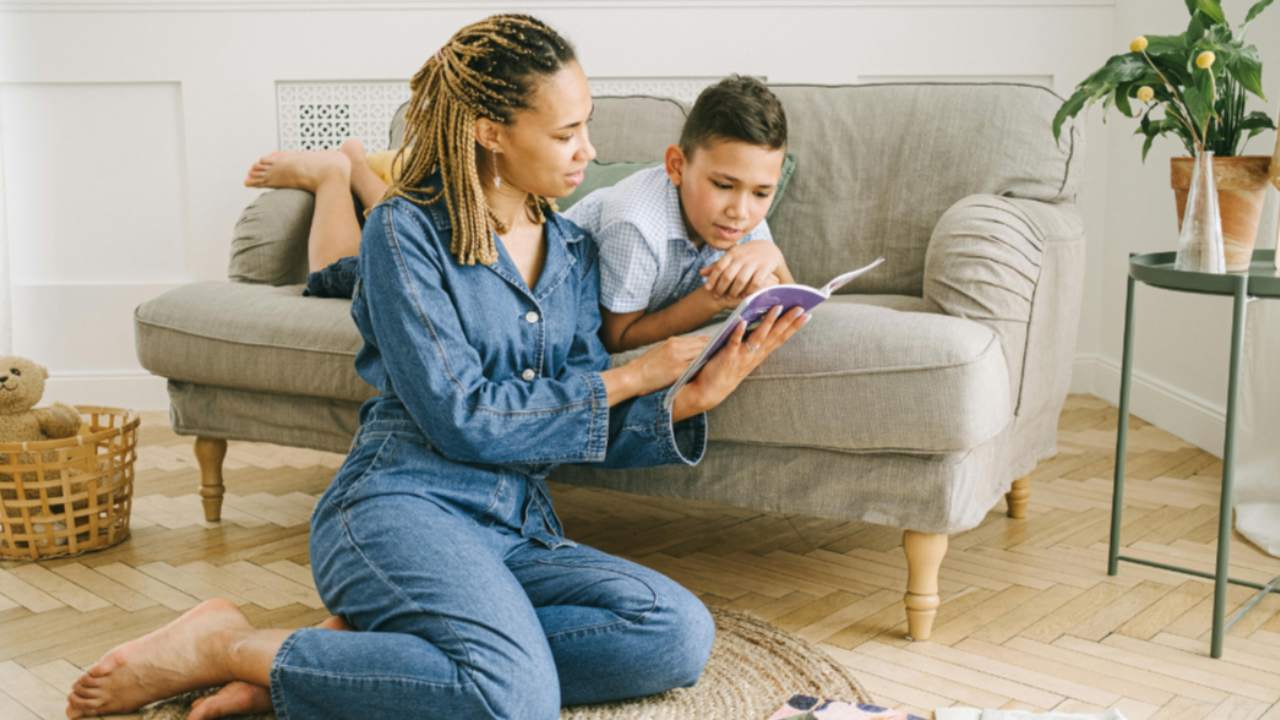#024 Helping Your Child Build Confidence: One Real-World Friendship at a Time
Oct 19, 2024Confidence is one of the most meaningful gifts we can give our children.
It’s the kind that helps them face challenges, believe in themselves, and bounce back when life gets hard.
But confidence doesn’t just appear—it’s built through small wins, consistent effort, and supportive guidance. One of the most impactful ways to nurture it is by helping your child set and achieve goals in areas where they may struggle—especially when it comes to building friendships offline.
Why Building Confidence Matters
Confidence is more than just a good feeling.
It’s a belief that I can do this, even when it’s new or uncomfortable.
For many kids, particularly those who thrive in digital spaces like gaming or messaging, making in-person connections can feel overwhelming. But when you help them transfer their digital social skills into the real world, you’re giving them tools that will serve them for life.
How to Help Your Child Build Confidence in Friendships
1. Acknowledge Their Current Strengths
Start by validating what they’re already good at.
For example, say:
"You’ve done such a great job building friendships online. That shows me how good you are at connecting with people."
This recognition helps them feel capable and respected—and opens the door to trying something new.
2. Set a Realistic Goal
Start small and keep it doable. Ideas include:
-
Invite one classmate to join them for a snack
-
Ask a neighbor to play a game
-
Say hi to someone new at school
The key is setting a goal that stretches them just a little—without overwhelming them.
3. Celebrate the Effort
Confidence grows when effort is acknowledged—regardless of the outcome.
Say something like:
"I know it wasn’t easy to ask your classmate to hang out, but I’m proud of you for trying. How did it feel to take that step?"
You’re helping them reflect on what they did well, not just what happened.
4. Encourage Reflection
After each attempt, help your child reflect with questions like:
-
What was fun about that moment?
-
What would you want to try next time?
This turns the experience into a process, not a one-time event. It builds momentum.
One Simple Tip to Try This Week
Encourage your child to make just one small gesture toward building a face-to-face friendship.
Examples:
-
Invite someone to sit with them at lunch
-
Say hello to a peer they admire
-
Join a school club or after-school activity
No matter what happens—praise the effort. That’s what builds true confidence.
What Happens When You Do This?
These small, intentional steps build up.
Your child starts to trust their ability to connect with others—and feels less dependent on online spaces for friendship.
They may still enjoy gaming or texting, but now they’ll have the confidence to engage in real-world relationships too.
Final Thoughts
Confidence in social settings doesn’t develop overnight—especially for kids who are more comfortable behind a screen. But with encouragement, structure, and small steps, your child can grow into someone who feels strong, capable, and connected.
Let’s keep working together to raise children who believe in themselves—and know how to build real, lasting relationships.
What’s worked in your home? Share your confidence-building wins—I’d love to hear them.
Looking for more tools to build your child’s confidence?
👉 Download the free ebook: How to Create Family
Inside, you’ll find simple strategies that help children grow emotionally, socially, and with resilience—without overwhelming your home life.




